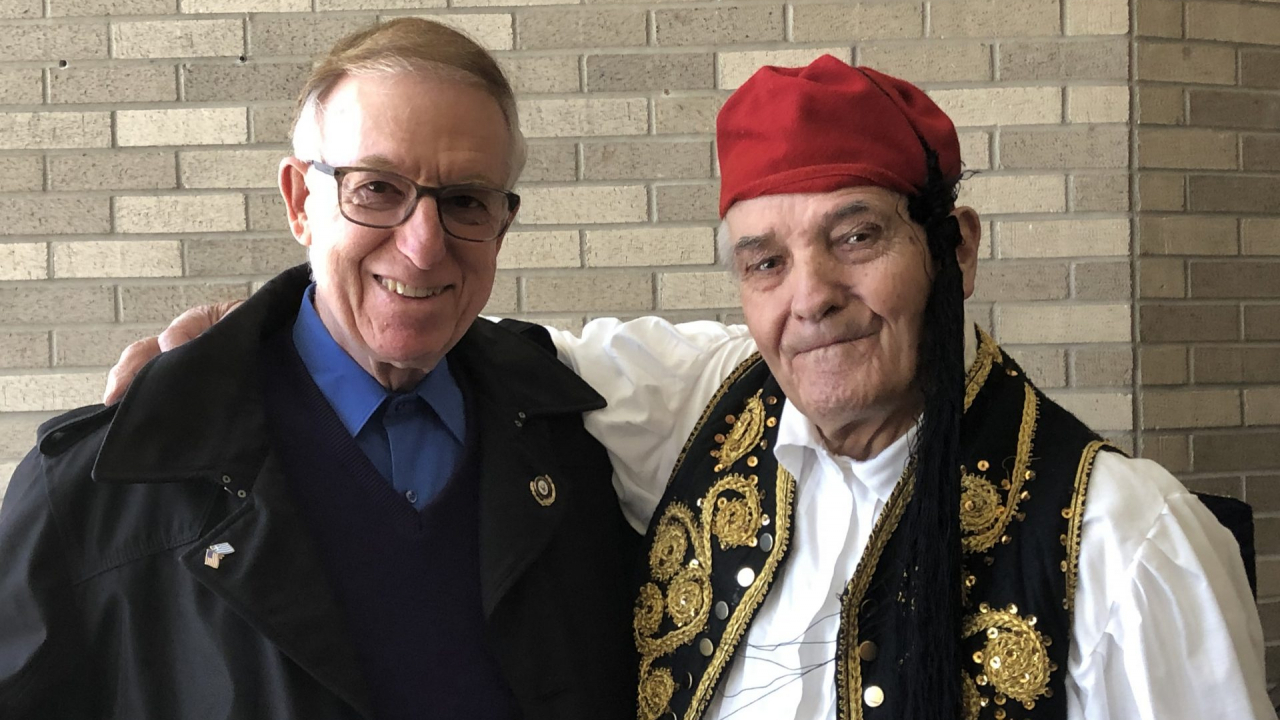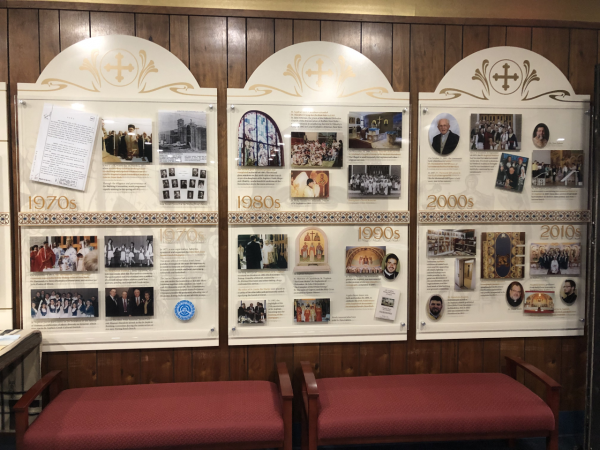
By Thomas Shults, Syracuse, N.Y. (NCC News) — March 25 marks Greece’s Independence Day, as Greeks celebrate their independence around the world. The Syracuse Greek community thinks that has to do with how proud the community is of its culture.
Local resident Mike Labatos said that’s why it is so important to the community that a Greece flag raising ceremony took place at Syracuse City Hall on Monday. He expected between 50 to 100 people to show up, covering all age groups. He said it’s not unusual for parents to pull children out of school to celebrate Greece’s independence from the Ottoman Empire almost 200 years ago.
Greece is a country of nearly 11 million people, according to CIA Factbook. That means small villages are used to relying on each other to accomplish jobs, Lobatos said.
“The smaller you are is like having a little restaurant,” said Labatos, referring to the size of his homeland. “It’s harder to control, you have to work yourself more, you can’t have as many employees.”

The small community culture might explain why Greek communities around the world are so closely knit, said Labatos. He said that sense of familiarity could also explain why many are incredibly proud of their national heritage.
“Being close knit is in our DNA, from our family and the city states,” Labatos said. “So, any time there is a crisis, the Greeks bind really well together, just like the fingers of your hand. You make it into a fist and it’s stronger.
“They get even closer when issues bring danger to the mother country, ” he added.
As is common at the flag raising, poems are recited, children dance, and baklava, a Greek delicacy, is served. The ceremony begins at 3 p.m. and lasts around half an hour. Some will be dressed in fustanella, which is worn by the Greek army, but is more common for celebrations and parades.




